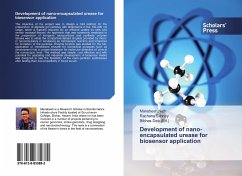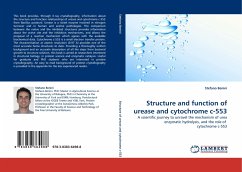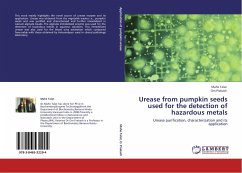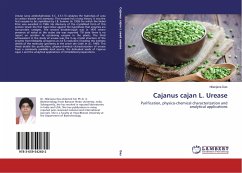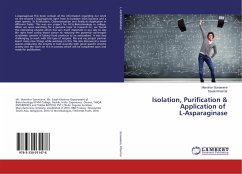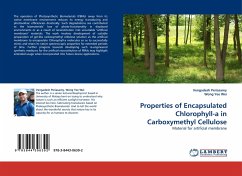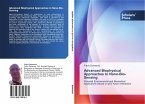The objective of the project was to design a mild method for the preparation of alginate gel particles with dimensions in the 100-200 nm range, which is typically required for an efficient uptake by cells and certain mucosal tissues. An approach that was commonly employed in the preparation of inorganic nanoparticles and synthetic polymer latexes was to utilize the compartmentalized droplets provided by micro- or nanoemulsions or emulsions as microscopic reactors and templates for formation of the particles. Enzyme kinetics was studied for the bio-application of immobilised enzyme for biomedical purposes such as development into a urease biosensor for molecular detection of urea at the nanoscopic level. The method was simple, cost effective and with potential for upscaling and industrial development. A biosensor model was designed to see the feasibility of the nano-particles synthesized after testing their biocompatibility in blood serum.

